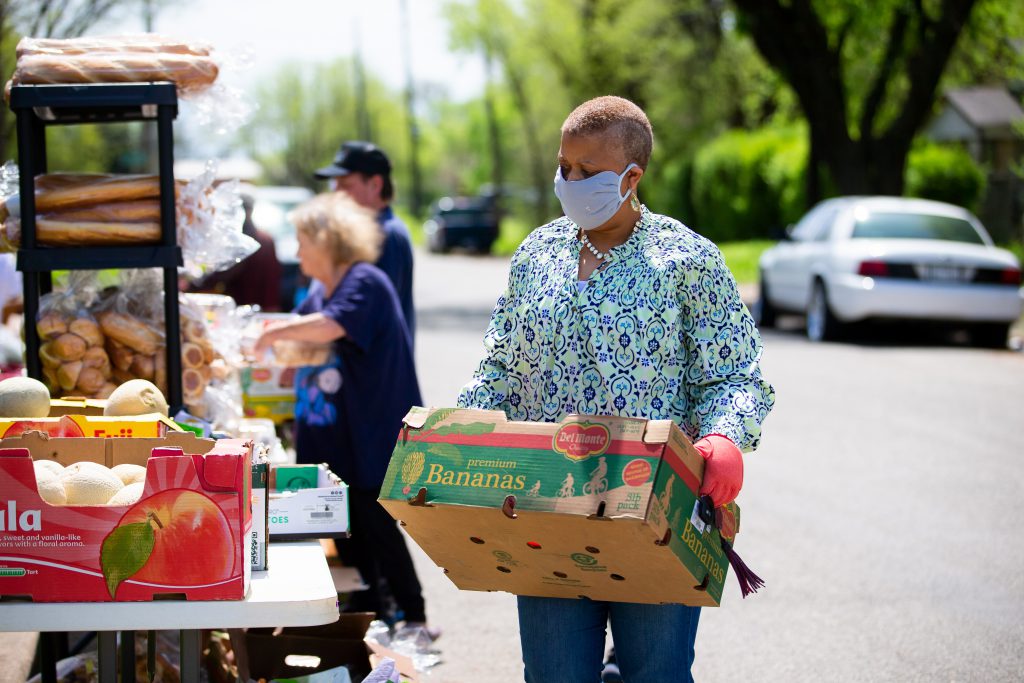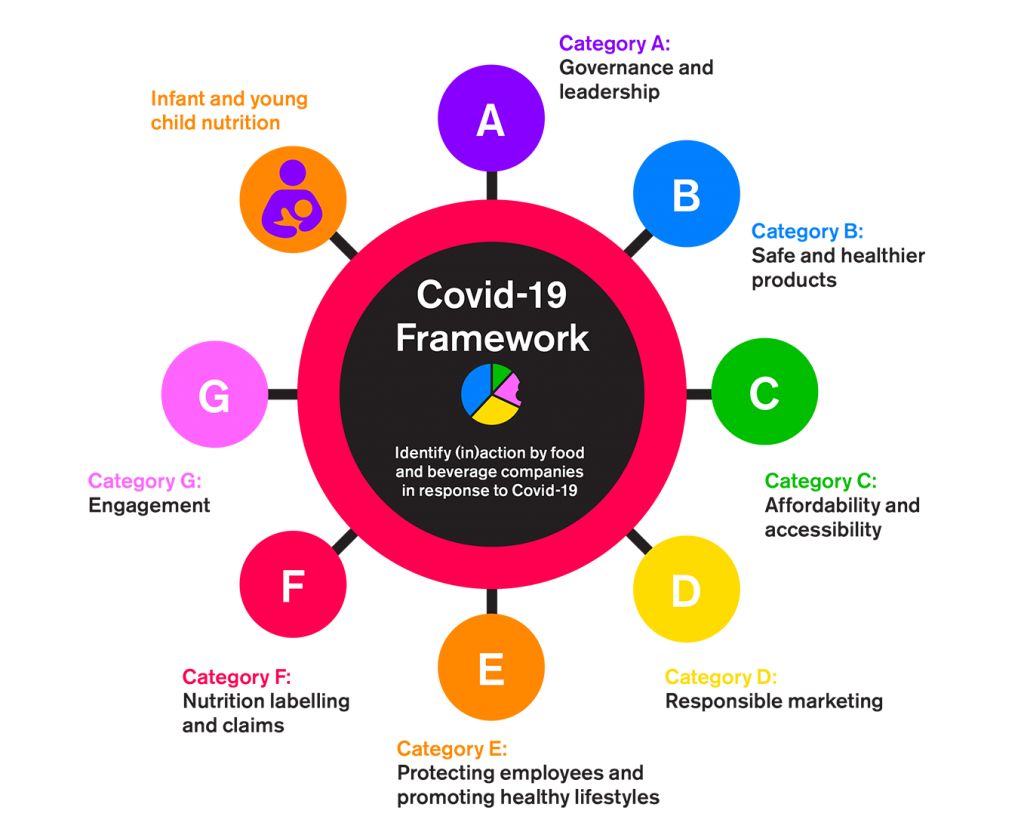
First of four reports on company responses to Covid-19 just published
17 July 2020
On Thursday 17 July, ATNI published the Framework and released the first in a series of reports: the first report presents the Framework and It’s aims; the second will set out the company assessments and overall analysis; the third and fourth reports will be deep dives into specific aspects of the Covid-19 response.
COVID-19 is increasing the prevalence of hunger and other forms of malnutrition, exposing the fragility of our food system, and uncovering systemic injustice and inequality.
There is no room for complacency or inaction and private-sector accountability is more important than ever. The Access To Nutrition Initiative (ATNI) strives to support the food industry’s contribution to addressing the world’s nutrition challenges. It has become clear that the food industry has a crucial role to play in the response to the pandemic.
“The world is at the start of a unique and urgent opportunity to reorient the food system towards a more healthy, equitable and sustainable future: a chance for the world to build back better.“

The Framework is intended as an additional tool to ATNI’s other benchmarking work; recognizing that the pandemic is going to have long-lasting impacts and repercussions that must be meaningfully taken into consideration. The Framework will help to add a Covid-19 lens on all of ATNI’s work, particularly the forthcoming Global and Spotlight Indexes, but also other projects and tools such as the Nutrition Business Monitor tool, ATNI’s action research and Investor Expectations initiatives.
Desk research – undertaken as part of this project – on the food industry’s response to the COVID-19 crisis thus far has brought to light some interesting themes. Short-term responses are most evident, such as donations (food, but also monetary donations and personal protective equipment (PPE), and efforts to protect the workforce (including financial support). ATNI has yet to observe evidence that would suggest systematic shifts are occurring towards greater long-term resilience or a so-called ‘new normal’ but investigating this will form a core part of the research in the coming months.
Companies are acting in response to a rapidly changing landscape, particularly in relation to consumer habits and the policy and regulatory environment. It would seem that consumers’ eating habits have been altered due to the pandemic, the policy and regulatory environment is in flux with both positive and negative aspects of these changes, food supply chains have become disrupted, interrupting and further limiting the accessibility and affordability of healthy, nutritious food, and more violations of the WHO Code of Marketing of Breast-milk Substitutes are being reported. Get a full run down of themes observed so far in the report available to download here.
ATNI will have its finger on the pulse of these themes and subsequent company responses, releasing regular reports on developments, alongside thematic online webinars to share and discuss evolving trends. The ATNI Covid-19 project team would like to thank all the organizations who provided valuable input during the consultation phase of developing the Framework.
